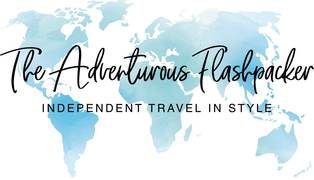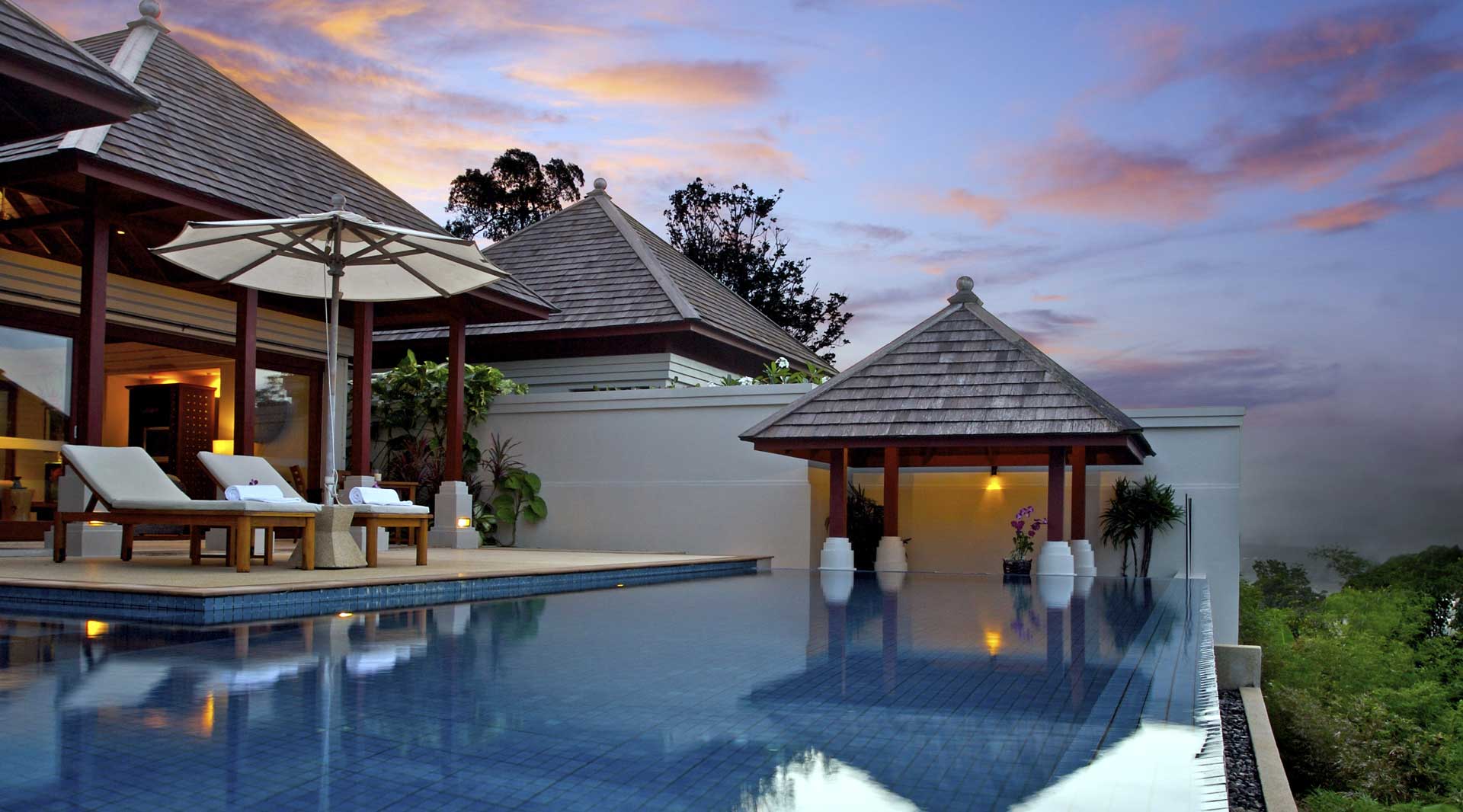Travel Resources + Tips
In typical lawyer fashion, I spend a lot of time researching travel and my trips. However, like most, I have limited time and I like to use that time efficiently.
The information on the interwebs (as I call it!) can be overwhelming, and sometimes it’s hard to know when the law of diminishing returns kicks in and it’s time to stop searching and start booking. These are the best travel resources I use for transport, accommodation, activities and more.
Flights
Skyscanner: These days, I pretty much rely solely on Skyscanner for flights. Skyscanner searches a range of other booking sites for the best deals, including Expedia, GotoGate, eDreams, CheapTickets and airline websites. If something looks a little funky, I’ll cross-check it against Expedia and the airline’s website.
My favorite thing about Skyscanner is the ability to filter your search, including by number of stops, duration, leaving and departure times and airlines, and the sort options, including by price and duration, so that you can target your search to what’s important to you.
Since I travel around work, I usually prefer direct flights and times that maximize my holiday time and minimize the need to take annual leave. Other cool features are the ‘everywhere’ option where you can simply plug in your travel dates and see what destinations have cheap flights. You can also select an entire month to travel in if you’re flexible with dates and simply want a good deal.
Some blogs seem to love Kayak for flight bookings, but I haven’t used it yet as I’ve been happy with Skyscanner.
Accommodation
TripAdvisor: My first and often only stop for accommodation is TripAdvisor. TripAdvisor has the benefit of combining both accommodation reviews and accommodation deals (again, searching a range of other booking sites for the best deals), plus restaurants and things to do, so it’s a bit of a one stop shop.
You can also save your favorites and group them together under ‘My Trips’ for future reference – great if you’re a bit of a travel dreamer and research trips you don’t plan to take any time soon (guilty as charged!). I’ve been reviewing accommodation on TripAdvisor for a few years, and you can check out my reviews here.
Expedia, Agoda, Booking.com: While TripAdvisor is my go-to for finding accommodation, I usually book the accommodation on whatever site is cheapest based on the TripAdvisor search.
Sometimes TripAdvisor has incorrect prices or it’s not clear whether the price is with or without tax, so I usually check out at least Expedia, Agoda and Booking.com, plus the accommodation’s direct website as sometimes they have the best deals. I’ve found these sites to be the most comprehensive and reliable, and they have the benefit of rewards programs which give you deals and discounts.
Airbnb: As with a lot of things technology related, I’m several years late to the Airbnb party but have recently started using it to book houses and villas with friends or where I want a cheap local stay. I rely heavily on the reviews to get over my paranoia of ending up with a dud or a scam after a friend was duped by a fraudulent listing in the early Airbnb days!
Overland Travel
Seat61: This site is so comprehensive and up to date that it’s hard to believe it’s a personal site. Seat61 provides extensive information on train travel around the world, and also includes other overland travel options. You’ll find detailed information on travel routes, timetables, fares and how to book, and includes lots of photos so that you can get an idea of how comfortable (or not…) your train will be.
Rail Europe: Rail Europe brings together all the different European railways and networks so that you can plan your Europe trip and buy your tickets all in one place.
Activities
I don’t tend to plan too many activities, but will usually do a quick scan of TripAdvisor, a few random Google searches, maybe read a blog or two and then ask around when I’ve arrived.
TripAdvisor: As well as accommodation, you can search for ‘Things to Do’ on TripAdvisor and decide what’s best for you based on the reviews.
Grasshopper Adventures: I’ve used Grasshopper Adventures for a few cycling tours around Asia. They have one day and multi-day itineraries across a number of countries, and itineraries to suit all levels. I am most definitely not an experienced cyclist and so far I’ve only done day trips (my butt can’t cope with anything longer…). The trips are local and authentic with great guides and some include a non-cycling element like kayaking. I’ve particularly loved their trips cycling around the countryside in Lake Inle, Myanmar and Chiang Mai, Thailand.
Technology
I’m not a techy, but travel with a few technology essentials to make life easier:
Noise-cancelling headphones: For reasons unknown to me, I waited years to splash out for noise-cancelling headphones, but it’s definitely up there with the best $300 or so I’ve ever spent. I have the in-ear Bose QuietComfort 20 Acoustic Noise Cancelling headphones because the over-ear ones give me a headache (I’m a little delicate!) and the in-ear ones are super small for travelling. The quality is excellent, battery life lasts a long-haul flight (maybe 12-16 hours) and they’re pretty comfortable, even when sleeping on a long haul flight.
I also have the normal (not noise-cancelling) Bose in-ear headphones, which are great for when you want to listen to music but remain aware, like walking the streets. The noise-cancelling ones do have an aware mode, so you may not need both.
Tips: Pick up a two plug jack at the airport so that you can use your headphones on in-flight entertainment systems. The difference compared to economy headphones is amazing, even with the normal (non-noise cancelling) headphones. Also, you can trade in your old Bose headphones for a discount on a new pair at Bose stores. I did this after Juicy Fruit Mambo the cat ate through my first pair … lesson learned, store them in the case provided.
E-reader: I am a voracious reader and while I love a good old paperback, I converted to a Kindle several years ago and now carry hundreds of books around in my handbag. The benefits were quickly realized on a 2 month trip where I could download and start a new book anywhere with a wifi connection, while my husband was limited to book exchanges or shops at our next destination. Make sure you get the wifi version that automatically connects. The books are also generally cheaper than paperbacks and now that my husband has converted to a Kindle we can share books on the same account. Simples!
Camera: For most trips, I simply use my iPhone7 cos I’m a bit lazy, like to travel light, the photo quality is pretty decent, and I’m certainly no aspiring profesh photographer. The only time I’d regretted not having a decent camera was on safari in Africa, as it was difficult to get quality pictures of animals unless they were close up. So we bit the bullet for a subsequent African safari and invested in an entry level but good quality SLR. After a lot of research, we ended up purchasing the Nikon D3400 DLSR with a second Tamron 70-300mm zoom lens to get up close to wildlife. Unless I really need the zoom, I’ll travel without the extra lens to save space. Definitely worth the investment.
Other Travel Essentials
I have a few other travel essentials that are lightweight but make travel life easier:
Travel adaptor: A good international travel adaptor is essential until the world gets its sh*t together and comes up with a universal power source. I have a drawer full of adaptors, but prefer an international-international adaptor that I can use for most countries, as I travel to lots of different countries and my devices have a mix of NZ and Singapore plugs. The main downsides with the international adaptors is that the plugs tend to get loose after a while so may need to be replaced more frequently than single-region adapters and they’re a bit bulkier. Get one with a USB port or two and you can charge all your devices at once.
Silk sleeping bag liner: This is one for the ‘delicate’ travelers out there like me! I have a silk sleeping bag liner from Kathmandu and it was a great investment. It rolls up tiny, is super soft and adds extra warmth or comfort when the bedding is not up to standard (ahem scratchy or manky sheets, I’m looking at you).
Sarong and scarf: I always travel with a lightweight sarong and/or scarf depending on my destination. They’re space saving and multi-functional, and can be used for warmth, towel-substitutes, the beach or pool and as a cover-up for religious sites. And as a fashion statement of course.



